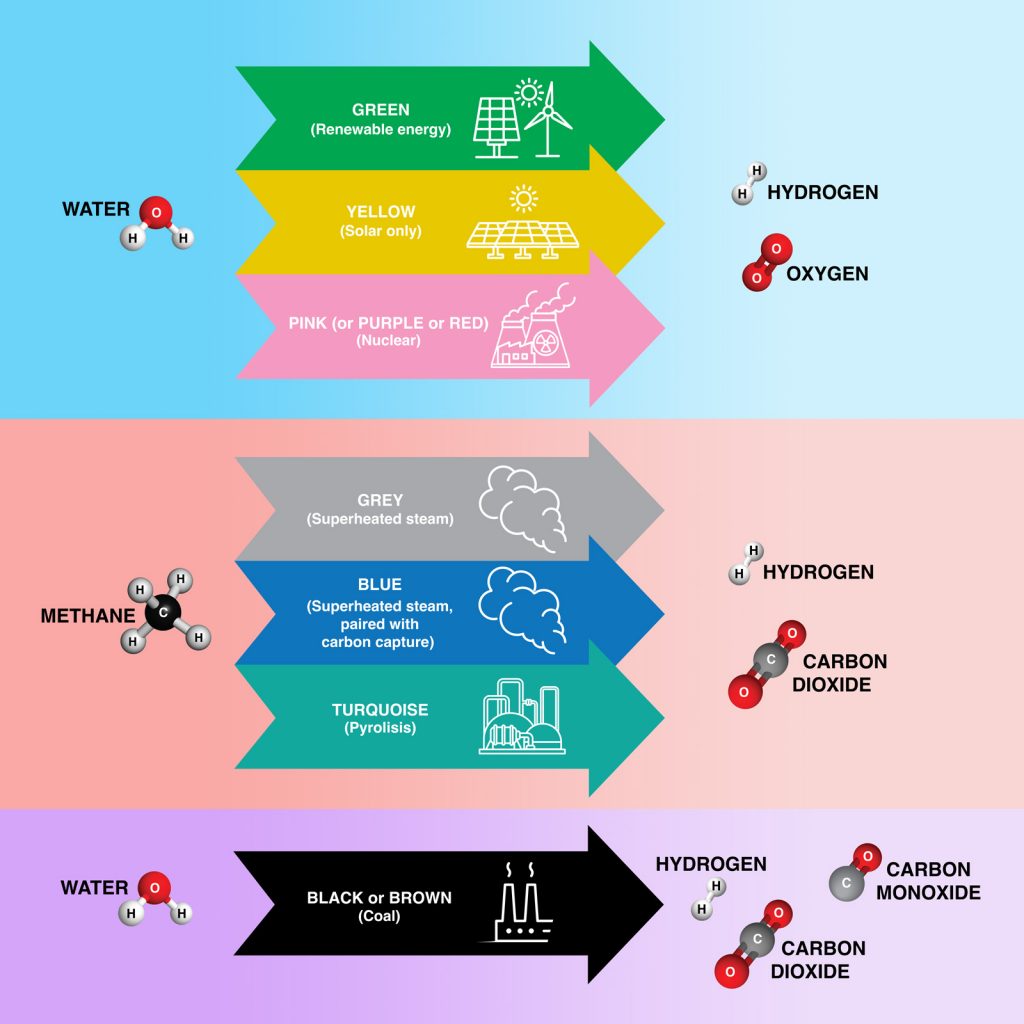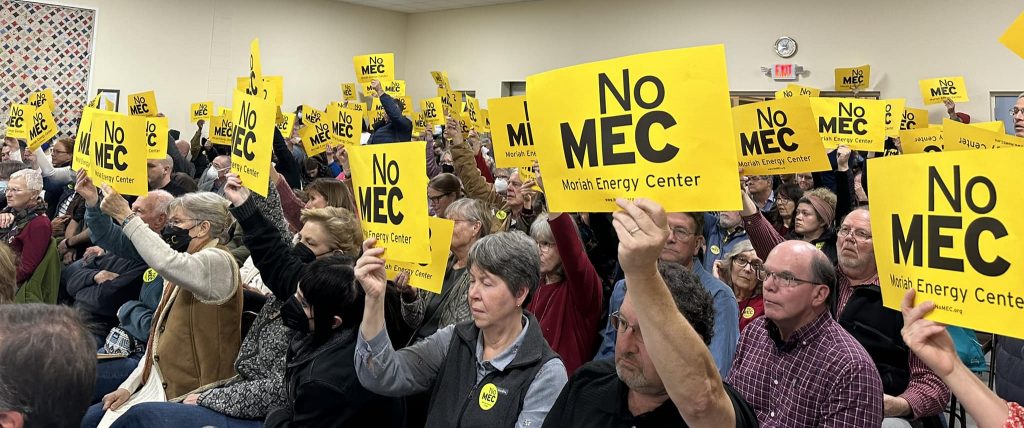By Rance Garrison
Editor’s note: The U.S. Department of Energy announced the selection of the Appalachian Regional Clean Hydrogen Hub as one of the winners of the Regional Clean Hydrogen Hubs grant programs on Oct. 13, 2023. Read our press release on the announcement and the impact hydrogen energy production could have on our region.
Two groups of electric utility companies submitted their applications to the U.S. Department of Energy for funding to build two hydrogen power networks for the southeastern and Appalachian regions of the United States. The DOE has $7 billion available for funding regional hydrogen hubs. Decisions regarding funding are expected in fall 2023.
The consortium proposing the Southeast Hydrogen Hub includes Batelle, Dominion Energy, Duke Energy, Louisville Gas and Electric Company, Kentucky Utilities, Southern Company and the Tennessee Valley Authority. The proposed hub would operate in Alabama, Georgia, Kentucky, Mississippi, North and South Carolina, and Tennessee.
The Appalachian Regional Clean Hydrogen Hub, or ARCH2, was developed in partnership with Allegheny Science & Technology, Batelle, GTI Energy, the state of West Virginia and the country’s largest natural gas producer, EQT Corporation. This hub would be concentrated in Appalachian counties in Kentucky, Ohio, Pennsylvania and West Virginia.
Both Democratic and Republican legislators from across the Southeast have shown support for hydrogen energy projects. In relation to the proposed Southeast Hydrogen Hub, Sens. Lindsay Graham, R-S.C., and John Ossoff, D-Ga., co-authored a joint letter to Energy Secretary Jennifer Granholm in March in support of the hydrogen hub that was cosigned by an additional two Democratic and six Republican senators.
Duke Energy and the Biden administration have touted hydrogen energy as a green energy solution that would help the United States reach its climate targets.
Climate activists and environmental groups have concerns about hydrogen as an energy source. There are three different types of hydrogen production that are the focus of new federal funding opportunities. Green hydrogen is produced by splitting the hydrogen from water molecules in a process called water electrolysis. Even though it is called “green,” this form of hydrogen is only renewable if the electrolysis process is powered by zero-emission sources such as wind and solar. Gray and blue hydrogen both come from processing fracked methane gas in steam form, though blue hydrogen is paired with carbon capture to potentially reduce carbon emissions. The Southeast hub is proposing to use green hydrogen, while the Appalachian Regional hub is proposing to use blue.
All three are decades-old technologies that were too expensive to be practical until relatively recently. Environmentalists worry utilities may side step proven renewable energy sources like wind and solar and look to gray and blue hydrogen as production costs drop, which would increase reliance on methane gas.
New federal funding compounds those concerns. In addition to the DOE funding for regional hydrogen hubs from the 2021 Bipartisan Infrastructure Law, the 2022 Inflation Reduction Act includes tax credits for hydrogen energy and, depending on how the tax rules are written, the credits could go toward forms of hydrogen that create climate-altering emissions.
“A company that makes hydrogen from methane gas and captures the carbon dioxide can make more profit from selling that carbon dioxide to a company that pumps carbon dioxide into oil wells in order to extract more oil from that well,” said North CarolinaProgram Manager Ridge Graham of Appalachian Voices. “This defeats a lot of the emissions-reduction goals of producing hydrogen in the first place.”
Related Articles
Latest News

Leave a comment
Your email address will not be published. Required fields are marked *





